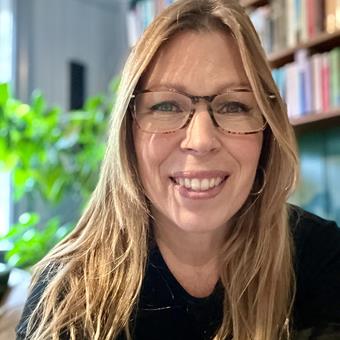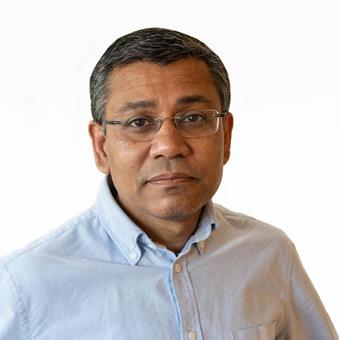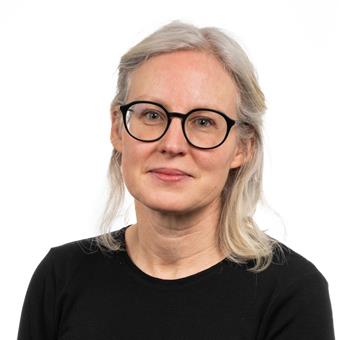Educating the citizens of the future in sustainable development is a challenging task. Increasing knowledge in and around such a watered-down concept, which almost everyone agrees on, is a challenge in itself. What exactly remains of the actual concept? Within this environmental challenge, we investigate and problematise the term 'sustainable development' as an area of knowledge, primarily within the education system. In Sweden, the term 'sustainable development' has permeated steering documents for the education system since 1994. Sustainable development is now a part of the syllabus for most school subjects. Schools thereby become a central actor for generating and disseminating knowledge about and for sustainable development. But the concept is problematic in a number of ways. For one, it is interdisciplinary, which is difficult to manage in a school and a grading system which is still built on traditional subject divisions. It is also a potentially controversial concept which requires commitment and awareness.
We also study the teaching materials used, and which are quite often provided free of charge by various stakeholders.
Within this challenge, we also teach and generate knowledge for sustainable development, using aids such as visualisation.
We also study the teaching materials used, and which are quite often provided free of charge by various stakeholders.
Within this challenge, we also teach and generate knowledge for sustainable development, using aids such as visualisation.









